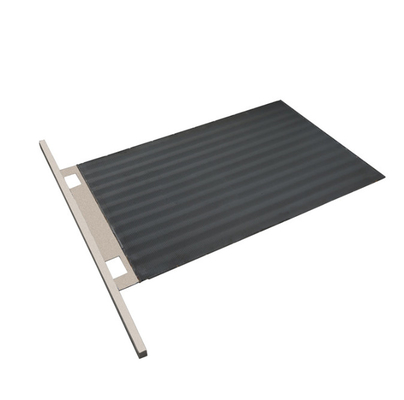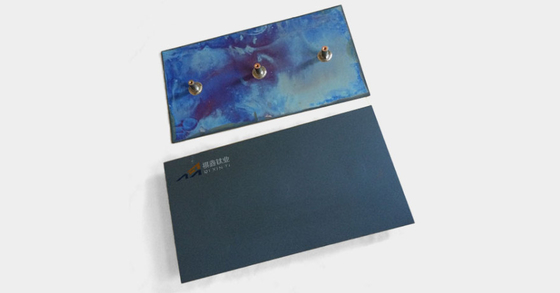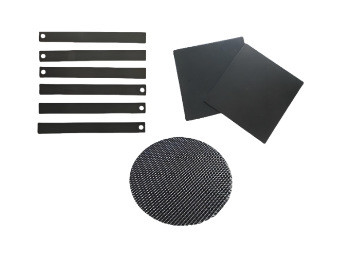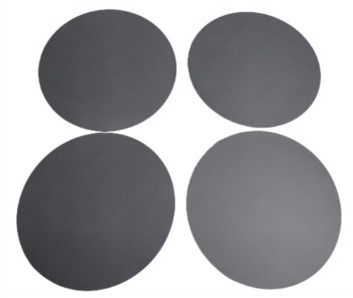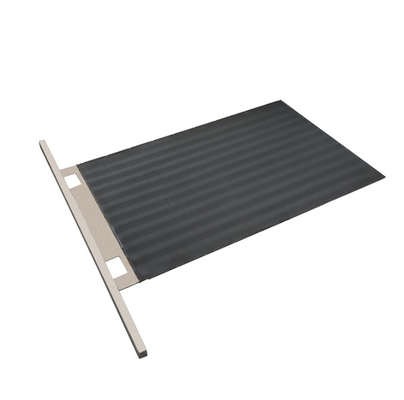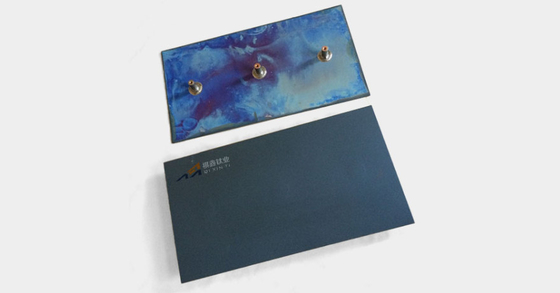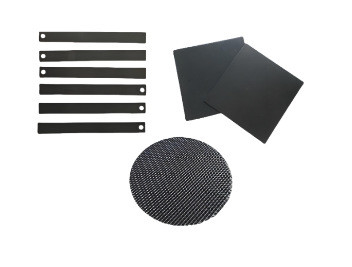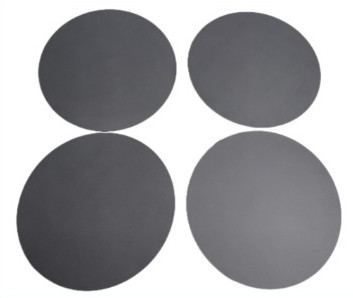-
Titanium Pipe Fittings
-
Titanium Welded Pipe
-
Titanium Pipe Flange
-
Seamless Titanium Tubing
-
Titanium Heat Exchanger
-
Titanium Coil Tubing
-
Titanium Alloy Sheet
-
Titanium Fasteners
-
Titanium Welding Wire
-
Titanium Round Bar
-
Titanium Forgings
-
Titanium Clad Copper
-
Titanium Electrode
-
Metal Sputtering Target
-
Zirconium Products
-
Sintered Porous Filter
-
Shape Memory Nitinol Wire
-
Niobium Products
-
Tungsten Products
-
Molybdenum Products
-
Tantalum Products
-
Equipment Products
-
Aluminum Products
-
Stainless Steel Products
Customized Coating Ir Coating Titanium Anode Plate For Electrodialysis

Contact me for free samples and coupons.
Whatsapp:0086 18588475571
Wechat: 0086 18588475571
Skype: sales10@aixton.com
If you have any concern, we provide 24-hour online help.
x| Coating | Ir Coating | Usage | Electrodialysis |
|---|---|---|---|
| Warranty | 1 Year Limited Warranty | Material | Titanium GR1 |
| Certifications | ISO | Dimensions | Customized |
| Highlight | Ir Coating Titanium Anode Plate,Customized Coating Titanium Anode Plate,Electrodialysis Titanium Anode Plate |
||
Titanium anode plate for electrodialysis
Basic Principles of Electrodialysis
Electrodialysis is a technology that uses ion exchange membranes and direct current electric fields to separate ions from aqueous solutions. It is based on the directional migration of ions under an electric field. In an electrodialysis device, anion and cation exchange membranes are alternately arranged in a direct current electric field. Cation exchange membranes only allow cations to pass through, and anion exchange membranes only allow anions to pass through. Under the action of the electric field, cations in the solution migrate to the cathode and anions migrate to the anode, thereby achieving ion separation and concentration.
Application areas of electrodialysis
Desalination: Remove salt from seawater to produce fresh water. Through the electrodialysis process, sodium ions, chloride ions, etc. in seawater can be effectively separated, and the salinity of seawater can be reduced to meet the standards for domestic or industrial water.
Industrial wastewater treatment: For industrial wastewater containing heavy metal ions, acid radical ions, etc., electrodialysis can be used for treatment. For example, heavy metals can be recovered from electroplating wastewater to reduce the pollution of wastewater to the environment, while recovering valuable metal resources.
Food industry: used for desalination, concentration and other operations in food processing. For example, in the production process of whey protein, electrodialysis is used to remove salt from whey to improve the purity and quality of whey protein; or juice is concentrated to retain the nutrients and flavor substances in the juice.
Application areas of electrodialysis
Desalination: Remove salt from seawater to produce fresh water. Through the electrodialysis process, sodium ions, chloride ions, etc. in seawater can be effectively separated, and the salinity of seawater can be reduced to meet the standards for domestic or industrial water.
Industrial wastewater treatment: For industrial wastewater containing heavy metal ions, acid radical ions, etc., electrodialysis can be used for treatment. For example, heavy metals can be recovered from electroplating wastewater to reduce the pollution of wastewater to the environment, while recovering valuable metal resources.
Food industry: used for desalination, concentration and other operations in food processing. For example, in the production process of whey protein, electrodialysis is used to remove salt from whey to improve the purity and quality of whey protein; or juice is concentrated to retain the nutrients and flavor substances in the juice.
Titanium anodes for electrodialysis have the following characteristics and advantages
Material properties
Good stability: Titanium metal itself has good corrosion resistance. It can withstand complex chemical environments during electrodialysis and is not easily corroded by electrolytes, thus ensuring the long-term stability and service life of the electrode.
High conductivity: Titanium has relatively high conductivity and can effectively conduct current, ensuring the uniform distribution of the electric field during electrodialysis and improving the efficiency of electrodialysis. Role in electrodialysis
Promoting ion migration: As an anode, it can attract anions to migrate to it under the action of an electric field, thereby promoting the separation and concentration of ions during electrodialysis. For example, in processes such as seawater desalination and industrial wastewater treatment, it helps remove or concentrate specific ion components. Reduce polarization: It helps to reduce polarization on the electrode surface. Polarization increases energy consumption and reduces electrodialysis efficiency. Titanium anodes can make electrode reactions more efficient.




